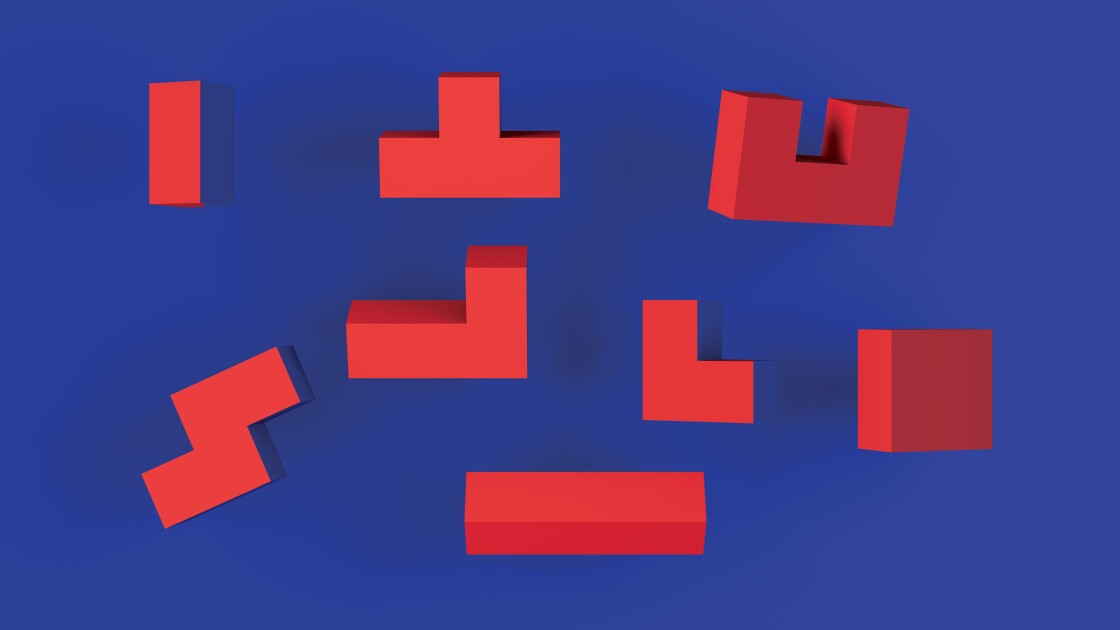
It’s plain crazy.
Within a week of surviving the second-worst school shooting in U.S. history, Florida high school senior David Hogg again came under attack—this time, from online trolls and conspiracy theorists falsely alleging that he was everything from a paid “crisis actor” to a pawn of rogue forces within the FBI.
Even Donald Trump, Jr., the son of the president, lent credence to some of the false smears, liking multiple tweets pointing readers to a story “exposing” Hogg and his father, a former FBI agent, as a “disgusting example” of the Bureau “looking to curb YOUR Constitutional rights and INCREASE their power.”
Snopes.com quickly debunked the stories. Despite a hoaxer’s attempt to spread a fake classmates.com profile saying he had graduated high school in Los Angeles in 2015, Hogg is in fact a high school senior at Marjory Stoneman Douglas High School in Parkland, Fla. During the shooting, he was in fact hiding in a classroom closet, documenting events and filming interviews with classmates.
Friends have taken to Twitter to mock the claims. The New York Times traced the arc of the conspiracy theory, highlighting the role of YouTube.
And along with his father, Hogg appeared on CNN, telling host Anderson Cooper, “I’m not a crisis actor. I’m someone who had to witness this and live through this.”
It’s disturbing that this is what our information ecosystem has become.
But the unfortunate reality is that such online “disinformation” campaigns are everywhere, and individuals are still too often left alone to fight them off, said Joan Donovan, the research lead on media manipulation and platform accountability at Data & Society, a New York think tank, during an interview Wednesday.
“This is a facet of political life now,” Donovan said. “We can’t go back in time.”
Following are highlights from our conversation, lightly edited for length and clarity.
You study social media and disinformation. What has stood out to you about the events surrounding the Florida school shooting?
We’ve had two major conspiracy theories become news.
The first one happened during the breaking news phase, where online troll groups coordinated to prank the [Anti-Defamation League] and trick experts into reporting that [Parkland school shooter] Nikolas Cruz was a member of the Republic of Florida militia, a white-nationalist group.
One of the things trolls did was plant evidence in different parts of the internet and social media, like [anonymous online bulletin boards] 4chan and 8chan. They would pose as former friends or say they knew Cruz.
It’s a tactical response by groups that want to become the story, or want journalists and experts to look foolish. We’ve seen these tactics before in other crisis events.
The second conspiracy seems to originate with Gateway Pundit, related to Stoneman Douglas students. These kids are real people showing up and trying to do good in the world, but they’re being framed as actors. This [tactic] first gained prominence after Sandy Hook, through Infowars.
The impact is to undermine the legitimacy of these students and their pain.
What about the ways the students themselves have used social media, especially while the crisis was unfolding?
If you are a student, you typically have an audience of friends and family. You’re not talking to journalists or a broader public. So I think [many students were documenting the shooting on social media] for no other reason than to inform the people closest to them that this was happening.
But I think we’ve also gone through a shift in news over the last five years. Social media has democratized the ability to broadcast. It has allowed new people to be public and to testify about what’s happening around them.
All of the firsthand eye-witness videos of police shootings, for example, have been impactful on narratives on accountability. So I’m not surprised that some students also interpreted taking pictures and sending video as this crisis was happening as a moment of witnessing.
It’s a way to fight back, not with weapons, but with evidence.
Students have also been using social media to organize and advocate around issues. What stands out to you about that?
Their social and media presence, and the fact that they’re networking with a really unified voice saying they want a massive overhaul of gun laws, and we are willing to do anything to get it, I think is very powerful.
Maybe if a tool like social media had been available during Columbine, it wouldn’t have allowed us to become so desensitized.
What should be done about the conspiracy theories, disinformation, and troll attacks?
The problem with amplified speech online is that something like this crisis-actor narrative gets a lot of reach and attention, then the story becomes about that, and not the shooting or what these students are doing. I would suggest that media only mentions these narratives to say that this is wrong and that students need to be believed.
The social media companies should also flag it immediately. These kinds of news stories are forms of harassment. They are clear calls to action to harass these students online. We’ve seen this time and time again. When I see outlets like Gateway Pundit that single out a specific emerging activist, I know what they’re trying to do. They’re trying to get their audience to silence them.
Companies need to be more responsible for moderating content.
We have to [consider] what legislation and regulation can make this kind of disinformation more difficult.
See also:



